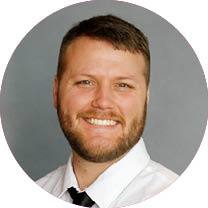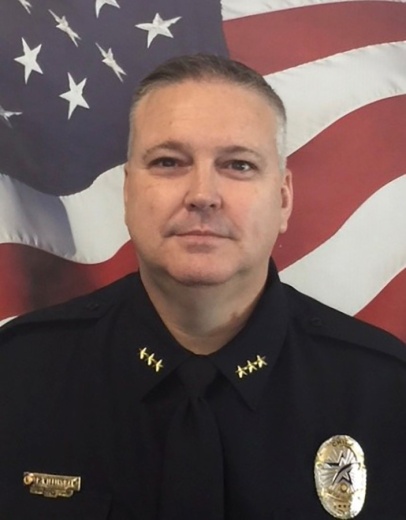Willingham also worked at University of Houston-Clear Lake for eight years as the chief of police and at the University of Texas at Houston for 16. Willingham said his department is currently in the process of reviewing its use-of-force policy following the incident resulting in the death of George Floyd on May 25.
Responses have been edited for length and clarity.
Q: What is a university police department like, and how does it differ from a city or county police department?
All of our police officers have to meet the same training requirements. They have to go to an academy—they are fully certified Texas peace officers, so they have the same training and continuing education requirements. I think the biggest difference is ... the mission of a campus agency is more of a serving environment. There isn't the consistent string of crime call after crime call, so our focus is community engagement and interaction. Part of our core values is specifically to be part of the education experience of our young people. In some cases, this is the first time they haven't had the structure of a high school, so sometimes, they do things that we did when we were 18 or 19. One of the duties of a campus police officer is to provide learning opportunities that aren't necessarily tied to criminal prosecution for our students. Obviously, if there is assaultive behavior, then that is different, [and] we certainly can and will seek criminal prosecution.
Q: Does Lone Star College have a use-of-force policy, and is this something you are looking to change?
We do, and any agency should have a use-of-force policy. I think every policy that an agency has should be scrutinized regularly and not just when there is an event or a series of events that lead you to scrutinize it. There should be an annual review process where you are taking a look at your policies and making sure you are following best practices and implementing what your community needs. For us, we review our policies quite regularly. We already are revising our use-of-force policy; it's part of our schedule. The last time we revised it was in March 2019, so it was up for review since it's been over a year. We do reviews of all of our uses of force to see any trends, and we try to address issues and how to avoid force until it is the last option. Policies change, and we have to change with [them].
One of the things we are adding is that we hold to the fact that sanctity of human life is of the utmost importance. We added that chokeholds of any kind are prohibited, [and] kneeling, sitting or standing on the neck, head or chest [is] prohibited.
Q: On your Twitter, you said police can and should be better. Can you expand on that?
That was one of my reactions to the video in Minneapolis and the events that unfolded in Atlanta. I also said in another tweet that I want to be very clear that if that if a police officer sees a fellow colleague going rogue and they don't stop it, they're just as guilty. I have a problem with anybody that can look at that video and say that was good police work. There are a lot of things wrong there. We need to be better. Leaders have to step up and make the changes that need to be changed and push through difficult topics that sometimes might not be popular with our teams. We have a responsibility to excise those that don't need to be wearing a badge.





